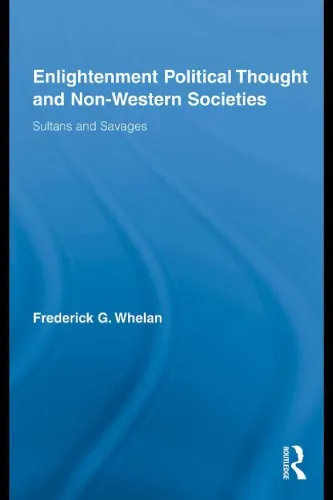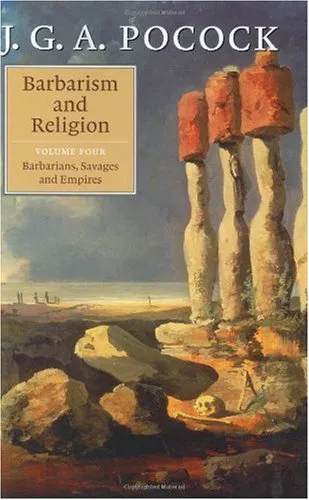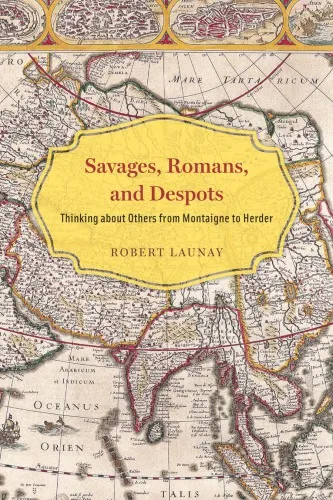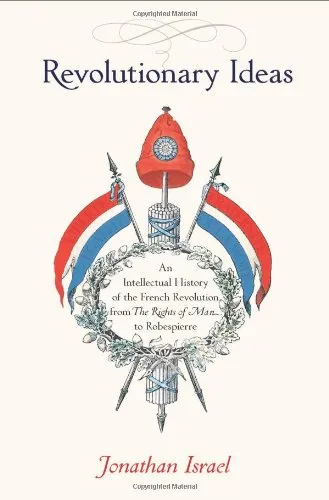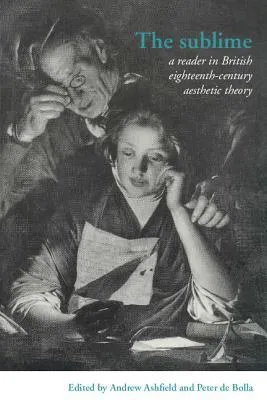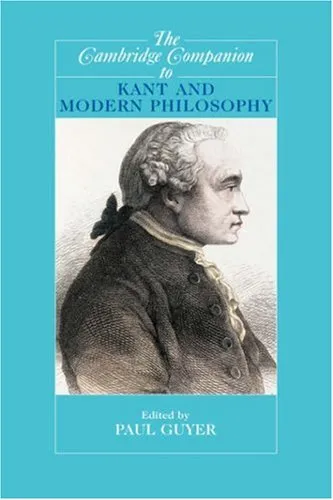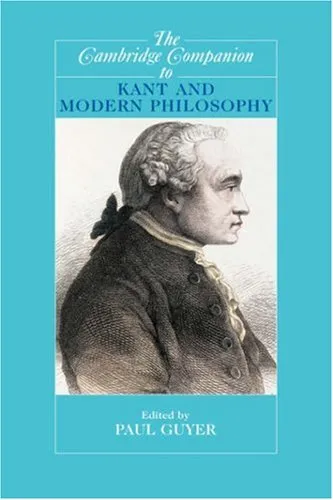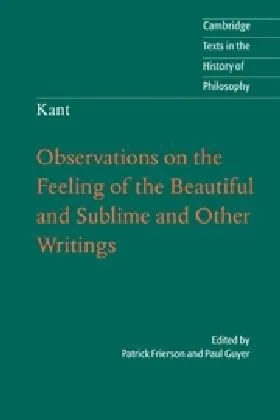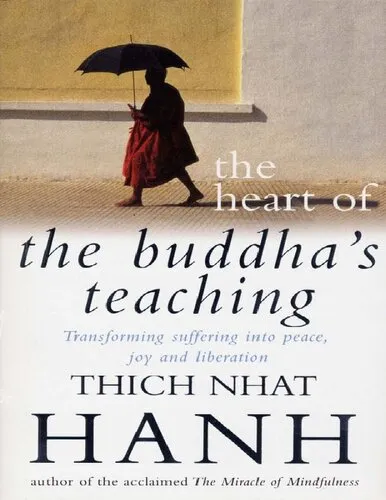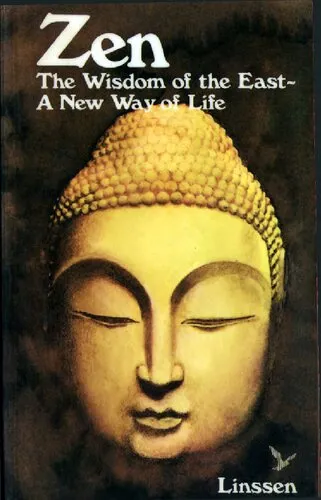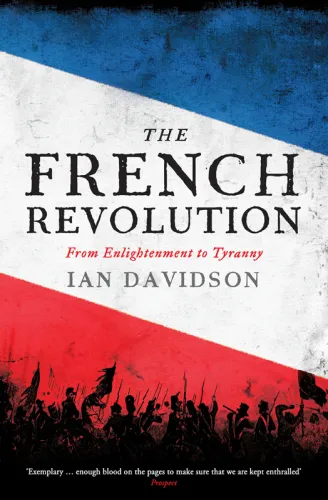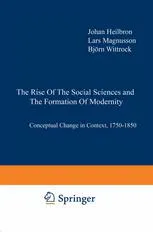Enlightenment political thought and non-western societies : sultans and savages
4.3
بر اساس نظر کاربران

شما میتونید سوالاتتون در باره کتاب رو از هوش مصنوعیش بعد از ورود بپرسید
هر دانلود یا پرسش از هوش مصنوعی 2 امتیاز لازم دارد، برای بدست آوردن امتیاز رایگان، به صفحه ی راهنمای امتیازات سر بزنید و یک سری کار ارزشمند انجام بدینکتاب های مرتبط:
مقدمه ای بر کتاب "Enlightenment Political Thought and Non-Western Societies: Sultans and Savages"
کتاب "Enlightenment Political Thought and Non-Western Societies: Sultans and Savages" توسط فردریک جی. ویلان به بررسی تأثیر اندیشه سیاسی دوره Enlightenment بر جوامع غیر غربی میپردازد. این کتاب به نحوی عمیق و تحلیلی به تعامل فرهنگی و فلسفی بین جوامع غربی و غیر غربی میپردازد.
خلاصه کتاب
در دوران Enlightenment، فیلسوفان و اندیشمندان زیادی به تأمل در مورد مفاهیم حکومت، حاکمیت، و جوامع انسانی پرداختند. این دوره به عنوان دورهای از تغییرات بنیادین در اندیشه سیاسی غربی شناخته میشود. با این حال، تأثیر این مفاهیم بر جوامع غیر غربی کمتر مورد بررسی قرار گرفته است. کتاب "Sultans and Savages" این خلأ را پر کرده و با بررسی مستندات تاریخی، نشان میدهد که چگونه مفاهیم Enlightenment به ویژه در قالب ایدههای امپریالیسم و استعمارگری، بر جوامع غیر غربی تأثیر گذاشتند.
نکات کلیدی
- تحلیل چگونگی پذیرش یا مقاومت جوامع غیر غربی در برابر ایدههای Enlightenment.
- بررسی تأثیرات فرهنگی و اجتماعی Enlightenment بر جوامع مختلف غیر غربی.
- ارتباط بین ایدههای Enlightenment و پروژههای استعمارگری اروپایی.
- نقش فیلسوفان این دوره در شکلدهی سیاستهای قدرتهای استعماری.
جملات معروف از کتاب
- "تأثیر Enlightenment فقط به جهان غرب محدود نشد؛ بلکه در بسیاری از نقاط جهان به پیچیدگیهای نوینی دامن زد."
- "جوامع غیربینی نه تنها موضوع مطالعه، بلکه همکارانی در بازسازی مفاهیم سیاسی شدند."
چرا این کتاب اهمیت دارد؟
این کتاب به خاطر تحلیل دقیق و منحصر به فردش از تأثیر اندیشههای Enlightenment بر جوامع غیر غربی، رویکردی نوین را در مطالعات تاریخی و سیاسی معرفی میکند. برای پژوهشگران و دانشجویانی که به دنبال درک عمیقتری از تعاملات فرهنگی و فلسفی بین جوامع غربی و غیر غربی هستند، خواندن این کتاب بسیار مفید است. افزودن زاویهای متفاوت به بحثهای استعماری و پساآستعماری از دیگر دلایلی است که خواندن این اثر را ضروری میسازد.
Introduction
Understanding the interplay between Enlightenment political thought and its application to non-Western societies is a challenging yet essential area of study in contemporary political theory. In "Enlightenment Political Thought and Non-Western Societies: Sultans and Savages," Frederick G. Whelan delves into the critical analysis of how Enlightenment thinkers perceived and theorized about societies beyond the traditional European context. This book presents an in-depth exploration of the complex views and judgments held by Enlightenment figures about the political and social systems of what they termed "sultans" and "savages."
Detailed Summary of the Book
The book meticulously navigates through the Enlightenment period, a time characterized by intellectual fervor and a quest for knowledge, reason, and progress. Whelan examines the perspectives of key Enlightenment philosophers such as Montesquieu, Rousseau, Voltaire, and Kant, revealing their often divergent approaches to non-Western societies. These thinkers grappled with the challenge of understanding diverse cultures and political systems, often applying the yardsticks of European norms and rationality.
Whelan categorizes the Enlightenment assessments into two broad archetypes - the "sultans," representing centralized and often despotic polities such as the Ottoman Empire, and the "savages," embodying societies perceived as primitive or uncivilized. Through this lens, Whelan articulates the varying degrees of Enlightenment thought, ranging from advocacy for cultural relativism to calls for the imposition of European rationality and order.
By bridging the remarks and analyses of the era's thinkers with modern critiques, the book echoes the persistence of these themes in today's political dialogues. Whelan's narrative not only enlightens readers on historical perceptions but also encourages a critical reflection on the continuing influence of these ideas in modern geopolitical discourse.
Key Takeaways
- Enlightenment thinkers held heterogeneous and nuanced views about non-Western societies, often influenced by their own cultural contexts and prejudices.
- The categorization of non-European societies into "sultans" and "savages" reveals both the biases and the curiosity of Enlightenment scholars.
- The legacy of Enlightenment ideas continues to inform contemporary discussions on cultural and political relativism.
- Whelan emphasizes the importance of examining historical perspectives to understand the roots of ongoing global cultural and political exchanges.
Famous Quotes from the Book
While it would take the entire text to encapsulate its intellectual richness, here are a few noteworthy lines that reflect the essence of Whelan’s analysis:
"The Enlightenment, with its emphasis on universal reason, grappled profoundly but imperfectly with the realities of a distinctly diverse world."
"In grappling with ‘sultans and savages,’ the philosophes both transcended and were constrained by their own cultural and historical milieu."
Why This Book Matters
"Enlightenment Political Thought and Non-Western Societies: Sultans and Savages" stands as an essential scholarly endeavor for several reasons. First, it challenges binary presentations and simplifications of Enlightenment thought, particularly regarding the non-Western world. In doing so, it brings to light the complexity and internal contradictions within the philosophies that have significantly shaped Western political and social foundations.
Secondly, Whelan's work is critical in today's context, as globalization continues to confront issues of cultural hegemony and the legacy of European colonialism. The book provides both specialists and enthusiasts of political theory with the necessary historical framework to engage with these debates thoughtfully and fairly.
Whelan’s book is a testament to the enduring necessity of reflecting upon Enlightenment ideals and their application across diverse human societies, urging modern readers to strive for a more nuanced understanding of cultural and ideological exchanges.
دانلود رایگان مستقیم
شما میتونید سوالاتتون در باره کتاب رو از هوش مصنوعیش بعد از ورود بپرسید
دسترسی به کتابها از طریق پلتفرمهای قانونی و کتابخانههای عمومی نه تنها از حقوق نویسندگان و ناشران حمایت میکند، بلکه به پایداری فرهنگ کتابخوانی نیز کمک میرساند. پیش از دانلود، لحظهای به بررسی این گزینهها فکر کنید.
این کتاب رو در پلتفرم های دیگه ببینید
WorldCat به شما کمک میکنه تا کتاب ها رو در کتابخانه های سراسر دنیا پیدا کنید
امتیازها، نظرات تخصصی و صحبت ها درباره کتاب را در Goodreads ببینید
کتابهای کمیاب یا دست دوم را در AbeBooks پیدا کنید و بخرید
1367
بازدید4.3
امتیاز0
نظر98%
رضایتنظرات:
4.3
بر اساس 0 نظر کاربران
Questions & Answers
Ask questions about this book or help others by answering
No questions yet. Be the first to ask!
